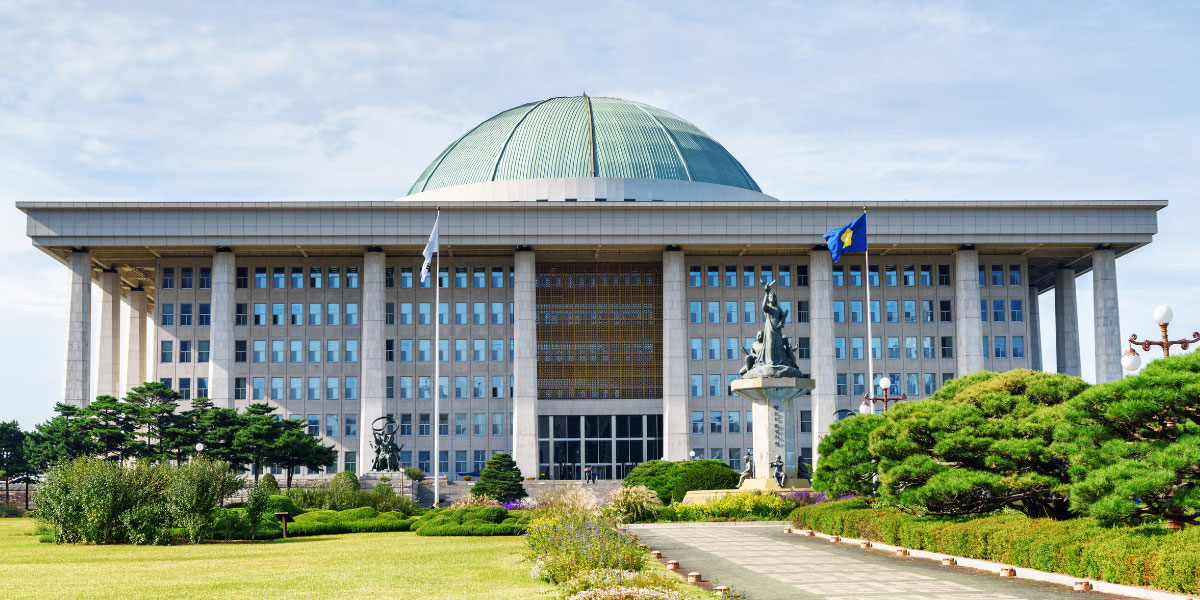On 2 August 2012 it was reported that, following a policy meeting between the South Korean government and the ruling Saenuri Party, it is planned to increase the minimum corporate tax rate payable by the largest companies.
At present, companies in South Korea have to pay a minimum tax on their gross taxable income (before deductions and exemptions) of 10% on income up to KRW10bn; of 11% on their income between KRW10bn and KRW100bn; and 14% on all income above KRW100bn.
Subject to parliamentary approval, the government will now raise the highest rate of minimum corporate tax from 14% to 15%. The policy is said to be part of a move to rebalance the corporate tax system away from the large family-controlled conglomerates, as it was also agreed to reduce the base for the taxation of financial income from KRW40m to KRW30m (and to reduce it further to KRW20bn in 2015).
It was also agreed to impose a 0.001% transaction tax on financial derivatives, but to provide a three-year grace period before it is imposed because of the current market conditions.














